Bespoken Word: Strava, good or bad?
Guy Kesteven breaks down the talking points of the sometimes contentious riding app Strava
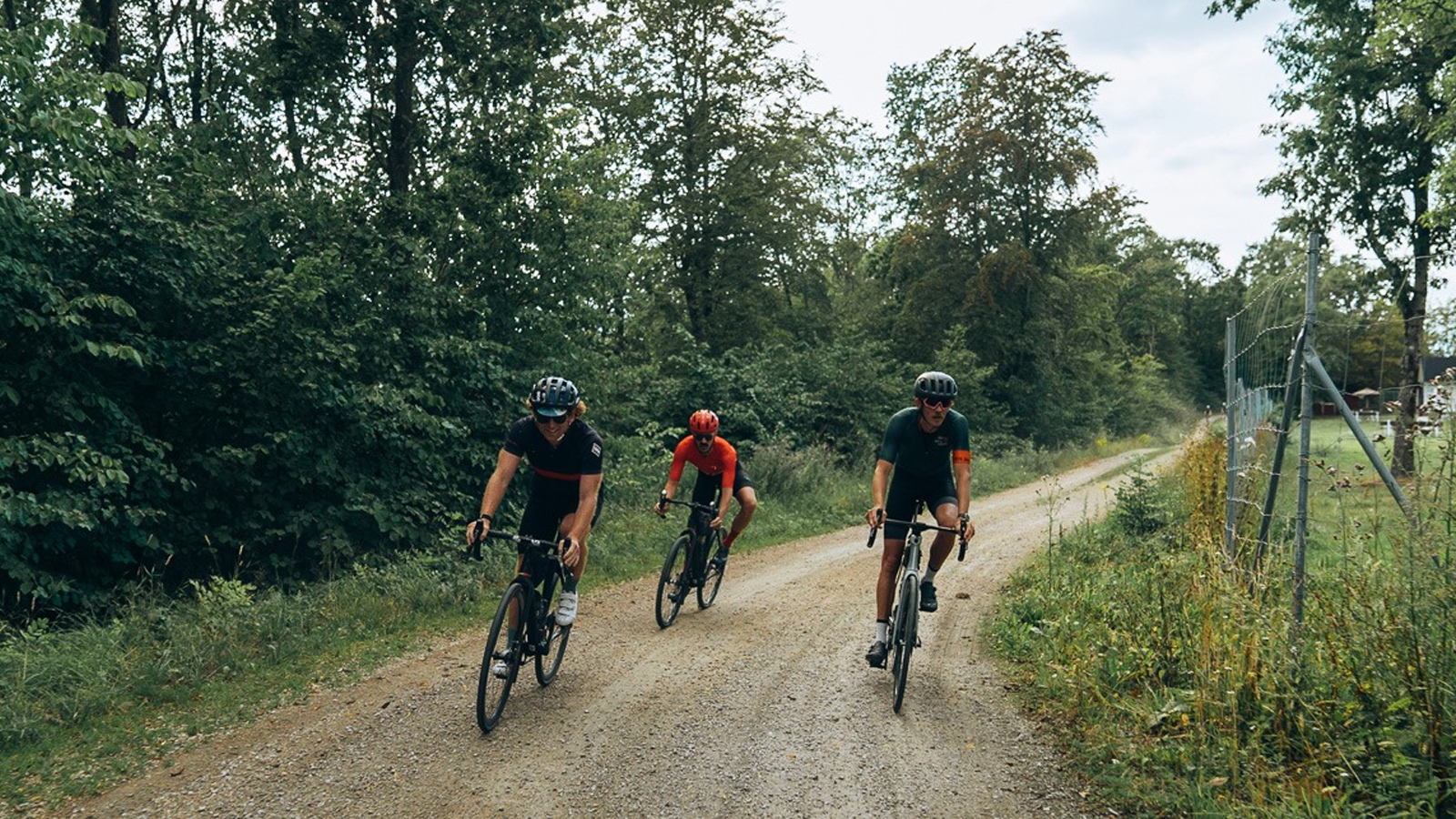
Is Strava a useful and very clever ride recording/comparing/motivating app or a fundamentally flawed conflict/closure/trail rage/crime/national security issue provoking poison that just brings out the worst in people? Guy Kesteven looks at both sides of the argument.
A quick Facebook research poll has livened up a couple of the recent Wednesday Word features and I knew a “Strava: Good or Bad” clickbait question would bring out some interesting and probably strong opinions. However, I wasn’t prepared for nearly 150 comments from the super terse and angry to multi-stage posts throwing in philosophical and computer processing architecture parallels that I had to Google to even half understand. It’s actually a perfect analogy for ride issues far more complicated than a GPS-based ‘freemium’ app for ride recording and competitive comparison.
- Best MTB GPS computers: Navigate your rides and track your data
Strava’s birth
As an introduction Strava (“Strive” in Swedish) was launched in 2009 by two college friends who were tech and business savvy enough to already have created a marketing software selling business worth $10 billion at its peak. They were missing the competitive, community feel of their college sports days, so set out to create that atmosphere via an app that didn’t just log rides, but promoted community too. Crucially they also added the leader board element that is a massive part of online gaming. They pushed the free app - with extra features for subscribers - out to cyclists first as they had a history of early tech adoption and the orange double arrow icon appeared on my phone in 2012 when it was still a sparsely populated place in Yorkshire at least.
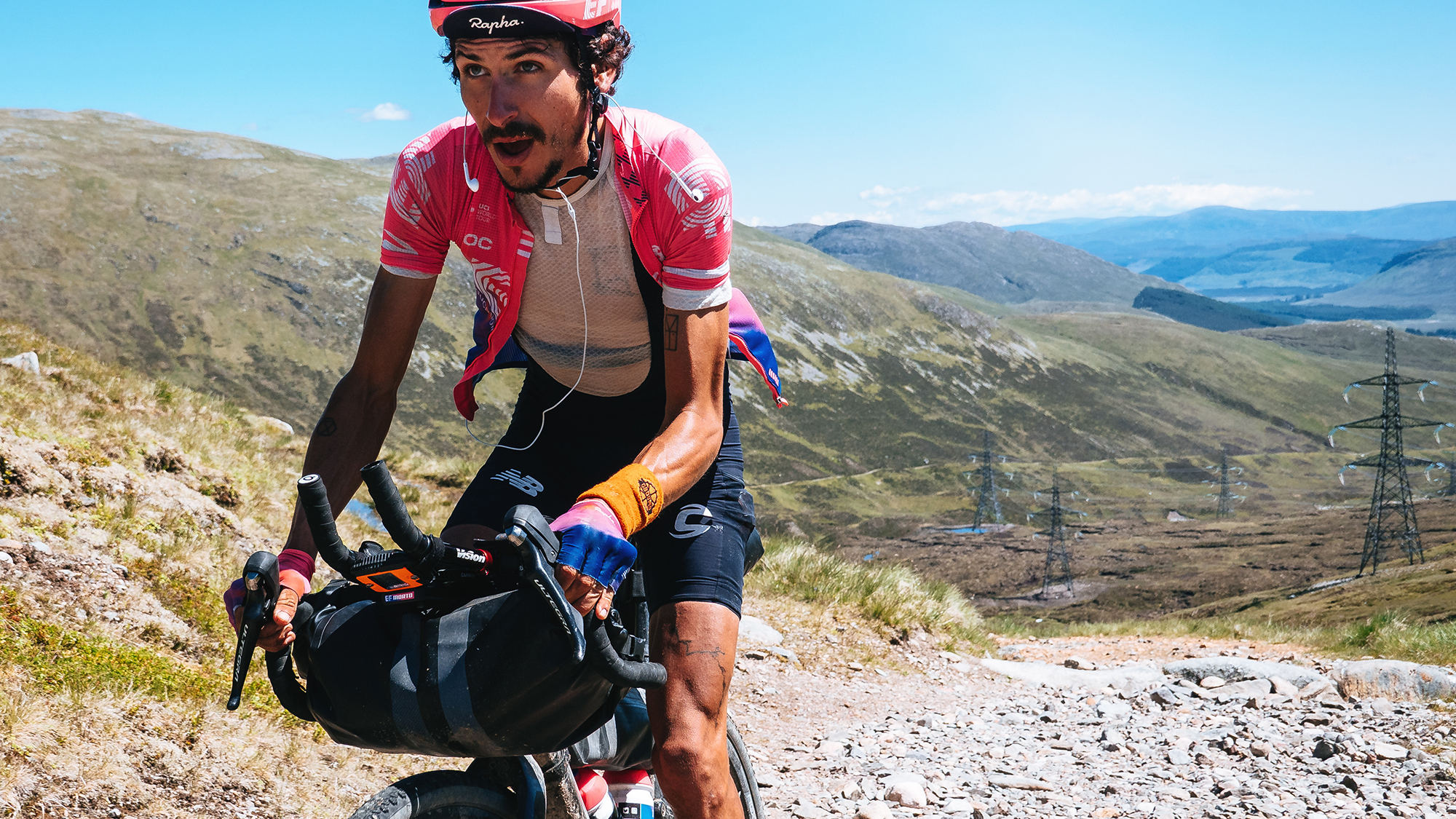
Strava is great
While it comes in for a lot of criticism - much more on that later - there’s a whole lot of good things about Strava. That Facebook poll was loaded with people saying how the inherent motivation of a leader board or Personal Record rankings was a massive motivator for them to get fitter and/or improve skills. While I’ve never signed up for a challenge or badge myself I know Strava’s Festive 500 has burnt a lot of turkey and meatloaf off bodies that would otherwise have started January a lot more Santa-shaped than they were in November. It’s regularly used for charity challenges too.
It’s certainly encouraged me to dig damn deep on rides to try and keep my head up in a community that’s expanding by roughly two million users a month (this figure doubled last year) and delay the downslope of speed my age suggests isn’t far away. If you pay the subscription for the extra features and link the appropriate sensors it delivers as much training data as most of us can use to help track and tweak that fitness too.
Even if I’ve ridden alone I know exactly which of my mates will be virtually buzzing my wheel or pushing to come past me on every local section. Some of them might even grudgingly or genuinely give me one of the 4 billion monthly global ‘kudos’ thumbs up recognitions for my efforts. Others will save that ironically for the rides where the app or my device has crapped out and I’ve done 0 m in 0 minutes. I’ll chuck thumbs out myself or leave comments if I happen to be on there rather than another social media platform, or I just want to let people know I’ve got eyes on their sneaky segment targeting.
I’ll smile when somebody thinks of a particularly smart or funny name for their ride or they work out a ride that draws a reindeer at Christmas. I don’t personally look for new routes on Strava, but I know a ton of people do and it's certainly the easiest way to share where you went if you meet someone who doesn’t know the area. The Metro version of Strava Heatmaps is specifically designed and provided free to help planners understand and promote run/bike/walk usage in cities and improve facilities too.
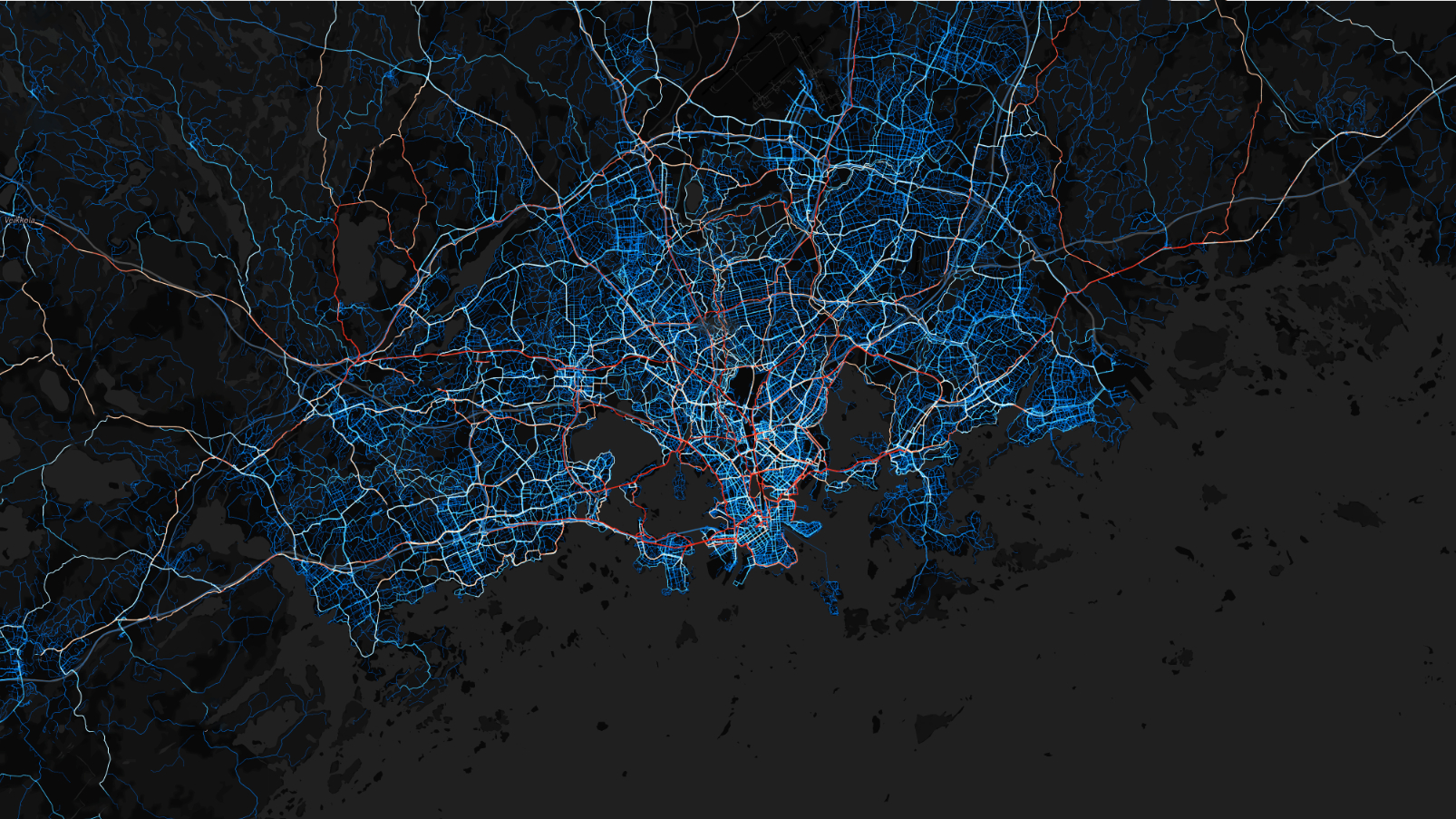
I can keep an eye on friends to see if they need a “you OK hun” or whether they’re putting in some serious work and I need to up my game before I start getting the dreaded “Uh Oh…..” email that tells me my dwindling trophy cabinet (I was a big deal in 2012 when only a handful of people used it locally but it’s been precipitous ever since) has been burgled again.
Our local riding group has even recruited people via Strava (we lost a KOM, took it back the next day, they took it back again the day after - “Hi Ben, if you ever fancy riding on a Thursday evening….” We set up Strava-based ‘time trial leagues’ of a different loop each week during the various Covid lockdowns so we could still ride together virtually even though we couldn’t ride together in reality. The breakdown of the subsequent ‘Fly By’ run-throughs became a highlight of our Thursday night ‘Zoom pub’ sessions, especially when Mark did an entire Sporza style commentary in faux Flemish. We know that Strava-centered post-ride autopsies in pubs,and coffee shops certainly aren't unique either.
As an app, it works well. OK, so there are obvious accuracy failings with any GPS-measured (or failed to measure) data, the estimated wattage is pretty pointless when it’s not terrain or weather sentient and there’s no way of telling what conditions others set a time in if you weren’t with them at the time. It’s open to total abuse on powered vehicles or even by the sprint and stop technique which most folk still think is how Tom Pidcock suddenly recorded a nationally ranked 5km run time in his local park.
However for the most part it aggregates out to a reasonable dipstick on your - and other folks' - fitness levels for as long as you’ve been on the platform and it’s also interesting to see how changes in trails or even different bikes affect speed. Its importance as an app means pretty much every piece of tech or fitness/mapping website will make sure their product syncs with it really well. I also appreciate the fact that even in these monetizing mad times, it doesn’t immediately show me a ton of ads for things that could make me faster or suggestions of which local nursing home might be best to sign up for. Given how addictive many people find it, and the fact that it’s not supported by in-your-face ads, I don’t think the pricing is abusive either.
As far as we can tell Strava takes user security relatively seriously too, with Heatmap data being anonymized and the ability to set privacy zones so others can’t follow you home or spot your mates' houses virtually, and flyby data is now optional so people can’t pick up riding patterns and stalk you. I like the way Strava terms ‘anyone who sweats’ as an athlete and the fact it uses deliberately ‘real’ rather than aspirational images in its marketing.
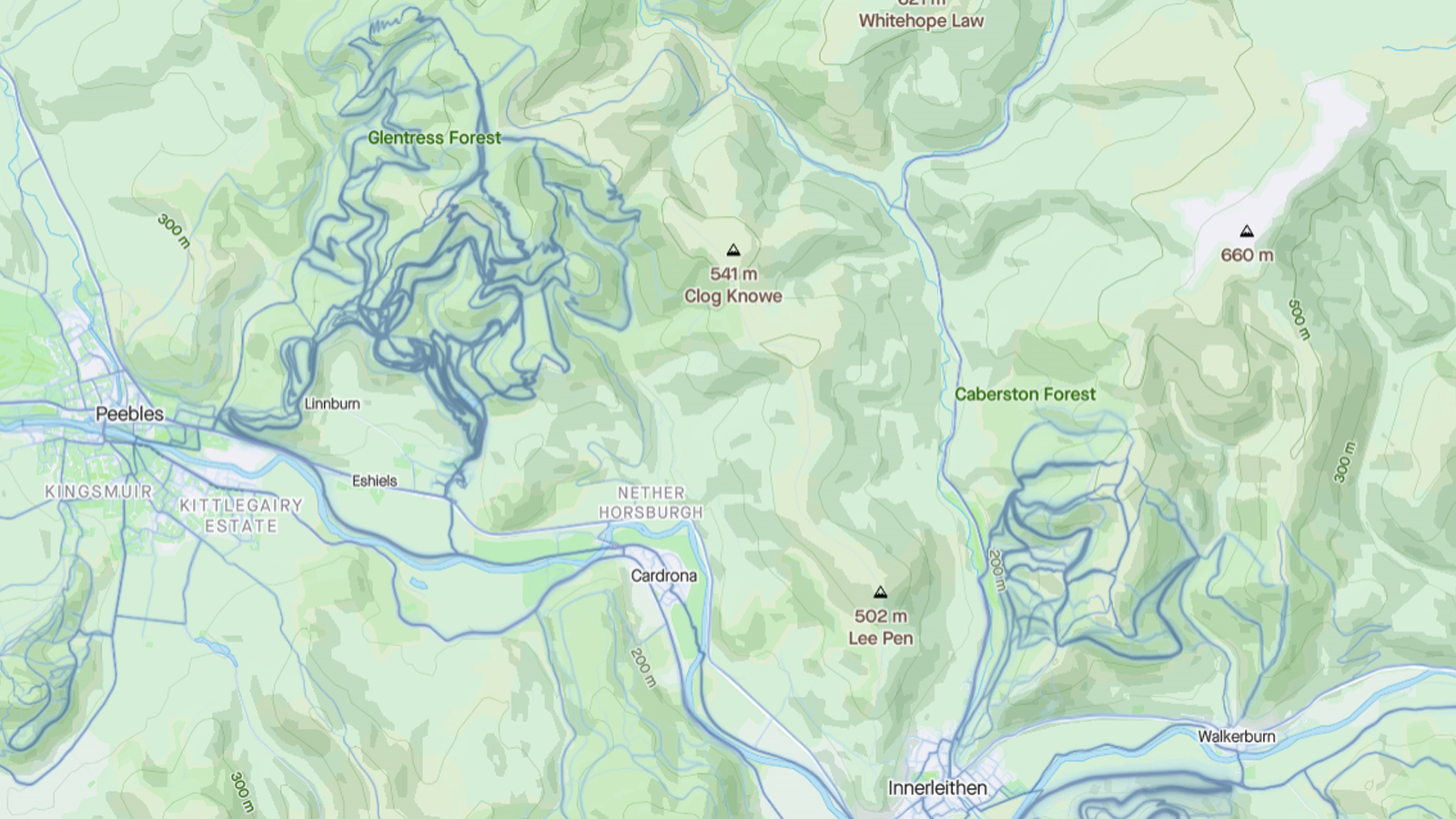
- Cross-country mountain biking: everything you need to know
- Trail mountain biking: everything you need to know
Strava is evil
While there are definitely plenty of Strava positives, my Facebook poll was also thick with venomous hatred for the issues the app causes and 'Stravassholes' in particular. You can run pretty much every positive above in reverse too.
Pushing the competitive element of riding removes focus on the gentler mental health benefits of riding, and can cause feelings of inadequacy and even depression. I know several of us actually ended up in a bad place mentally after our ‘time trial’ events of lockdown. It encourages potentially dangerous, anti-social speeds and damage of trails with straighter, faster ‘Strava lines’. It also flags up ‘secret’ trails like a signal flare so sustainable local riding spots suddenly become crowded and blown out by riders from hours away. High speeds, illegal trail use and ‘cheeky’ riding spots can all be accessed by anti-bike landowners or other groups and many long-established trails have been shut or are facing closure because of ‘Heatmap hunting'.
Race organizers have requests for Strava blackouts ignored and suddenly find carefully negotiated once-a-year access trails appearing in the public domain with no thought about the damage that can do. Some cycling advocacy groups angry at the damage it’s doing to their efforts towards cycling positivity in the wider community are even suggesting it should be prosecuted for promoting a ‘race’ attitude that’s actually illegal on any UK right of way.
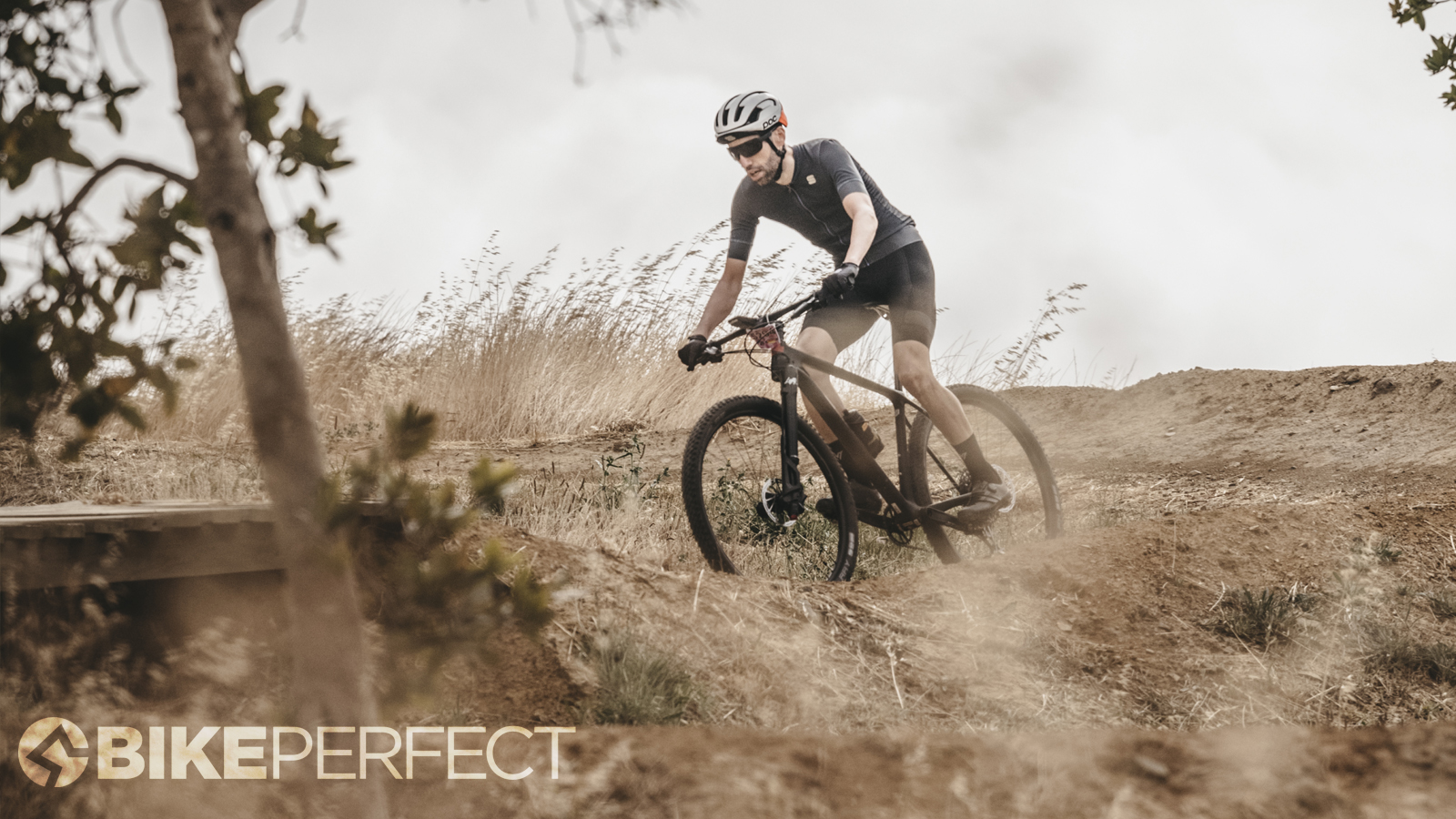
Ironically it’s not even a meaningful ‘race’ platform anyway. It’s certainly no substitute for the pressure, thrill and tactics of shoulder to shoulder mass start racing and even if taken as a time trial there’s no way it can account for variables in GPS drift, ground conditions, weather conditions or any other environmental or equipment elements.
Bike thieves can follow people home if they’ve not used the privacy features and there have even been national security issues caused by Strava users lighting up sensitive facilities like a beacon on their lunchtime rides/runs. I couldn’t find any obvious evidence of Strava supporting trail advocacy groups or charities to try and offset the damage it's caused either, and there’s no way to flag a section of trail as ‘illegal’ like there is on Komoot.
Is Strava just an app analogy?
At the end of the day, Strava is a relatively simple tool. Yes, it promotes competitive, faster riding and it encourages illegal, irresponsible trail use, whether that’s through disrespect or just ignorance. It doesn’t do much to offset the damage either, but that damage is caused by those who use it, not the app itself.
Having ridden on and off-road for thirty years before Strava appeared, I know Stravasshole-types will still ride rudely and dangerously, whether there’s a virtual reward or not. The illegal trails getting ‘outed’ would still be illegal even if they stayed ‘secret’ too, and whenever a route gets posted or a trail gets built someone will always try and do it fastest. The same accusations have been thrown at MTB magazines, videos, social media and YouTube creators over the years as well.
Whether that’s extreme ideologies, fake news, online abuse, hate crime or any of the other rise in polarization and aggression facilitated without personal connection or consequence, technology can affect all areas of life like some kind of digital drone strike. In that sense, Strava is just a very neat ‘athlete’-centric analogy for pretty much everything that’s a potential problem due to increased access and potentially encouragement through technology.
Yes, I think that Strava could do more - even just a gambling awareness style ‘please ride responsibly’ pop up when you open it - could be a big help. Or automatically flagging trails not on legal rights of way, removing leader boards or segment recording for shared-use bike paths or low-speed limit zones etc. Even better, how about balancing KOM/QOM, PR and Local Legend badges with a flashing “Stravasshole" icon on rides where people have obviously ridden like one.
Whether you ride with Strava - or any other ride-recording app - or not, it’s up to us as individuals and as a community to use the tools we have - whether that’s bikes, tech or media - to make a positive impact. In other words, let's put more work into being Kings and Queens of Mountain Biking before being Kings or Queens of a virtual Mountain.
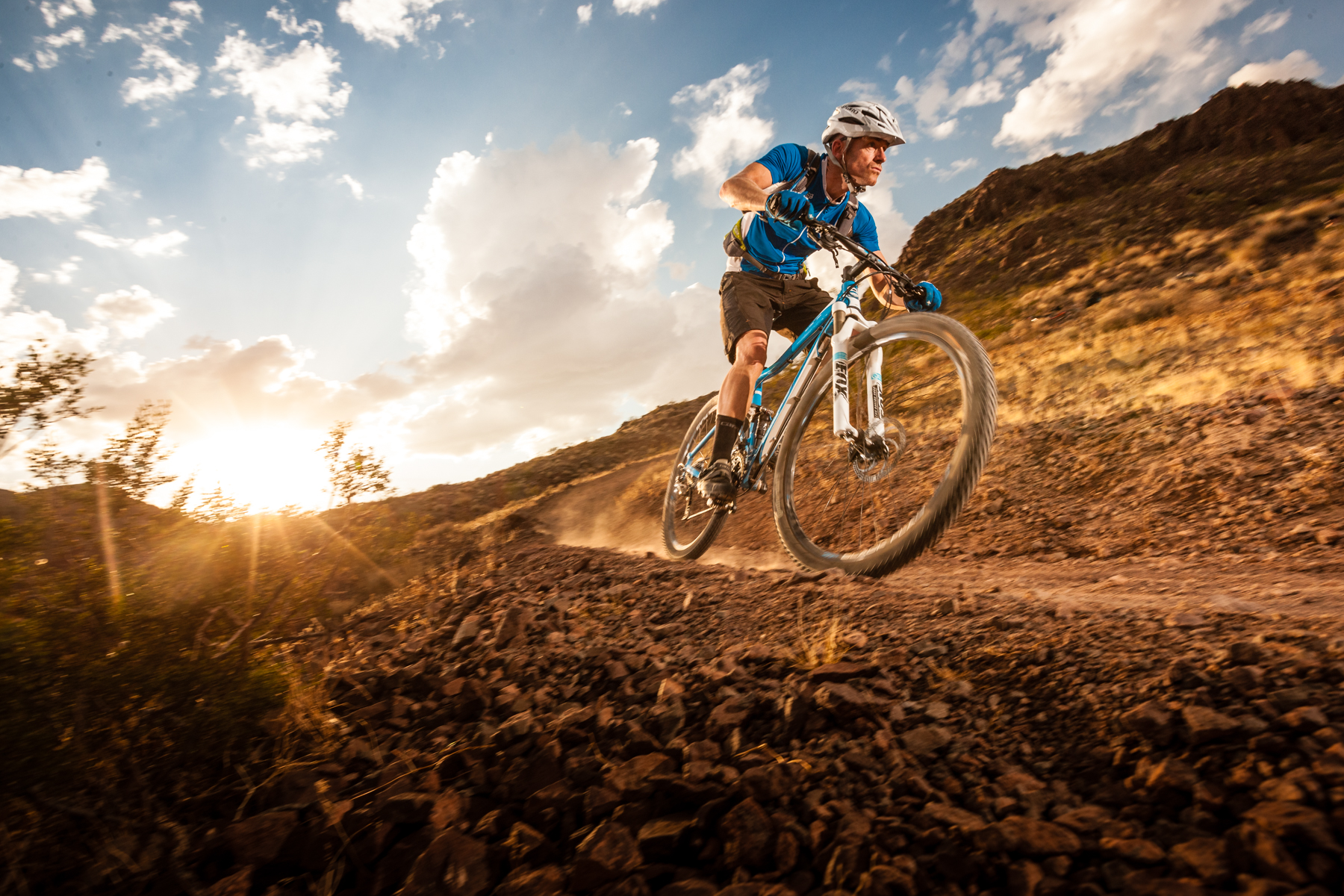
Guy Kesteven has been working on Bike Perfect since its launch in 2019. He started writing and testing for bike mags in 1996. Since then he’s written several million words about several thousand test bikes and a ridiculous amount of riding gear. He’s also penned a handful of bike-related books and he reviews MTBs over on YouTube.
Current rides: Cervelo ZFS-5, Specialized Chisel, custom Nicolai enduro tandem, Landescape/Swallow custom gravel tandem
Height: 180cm
Weight: 69kg
